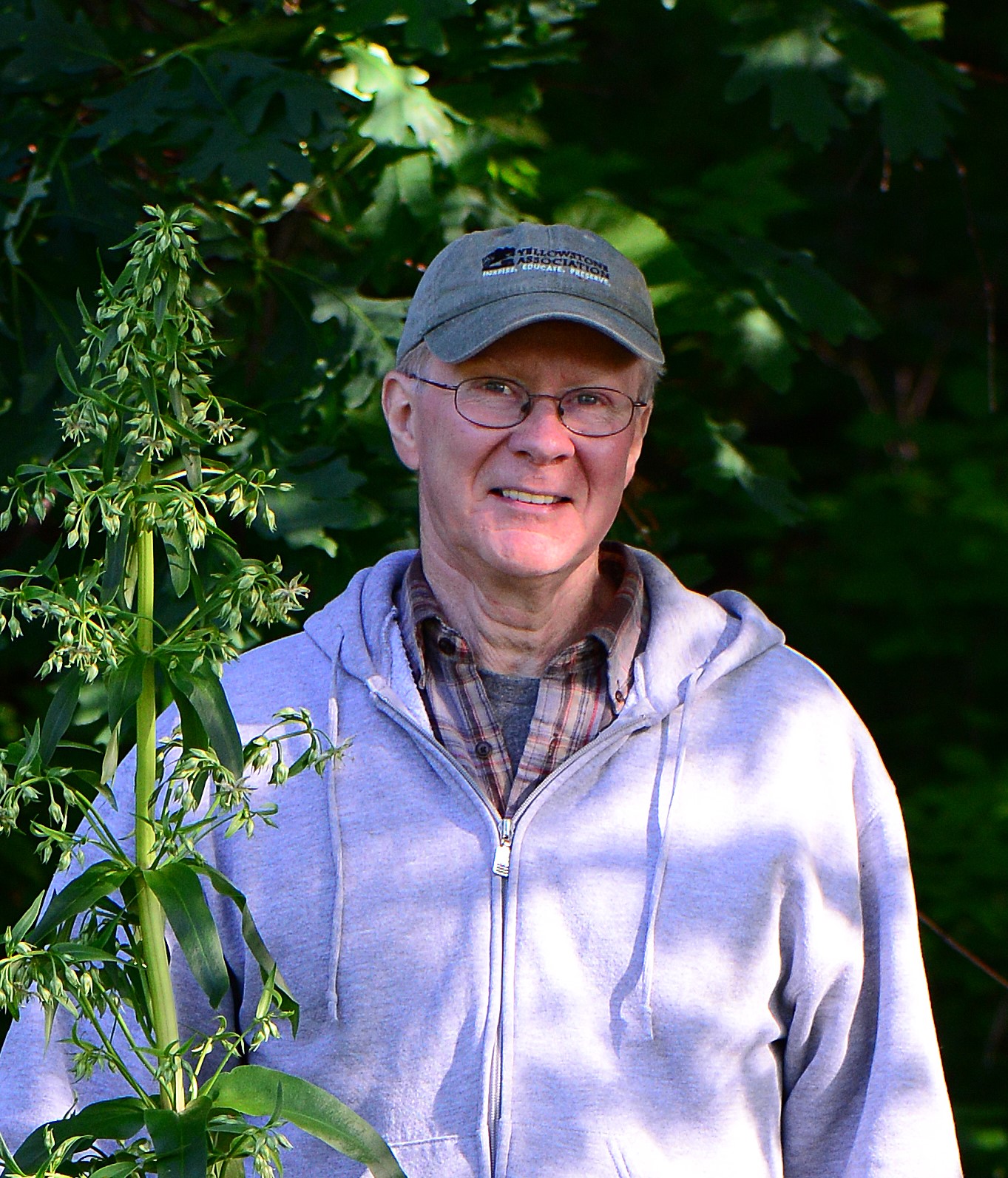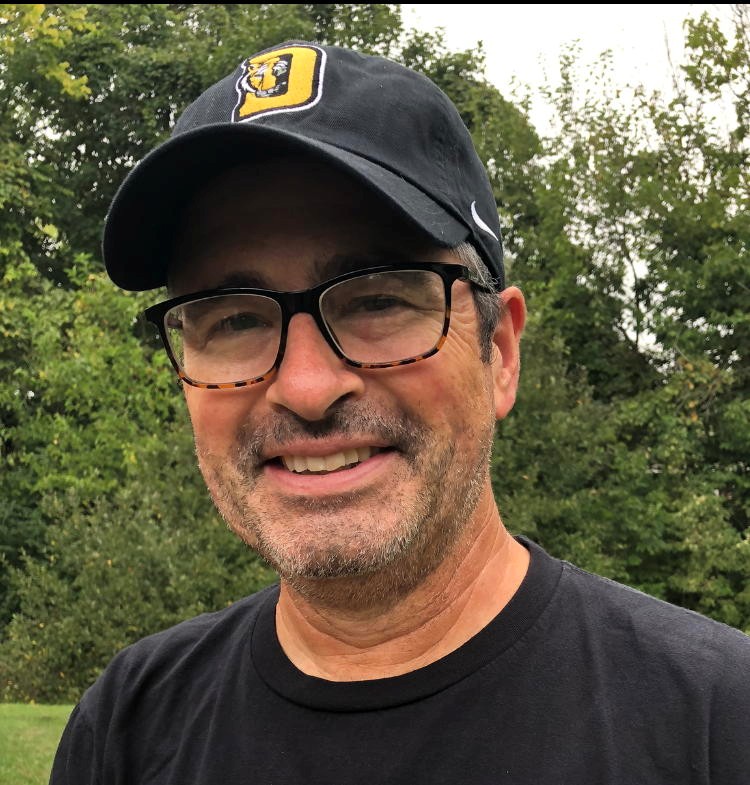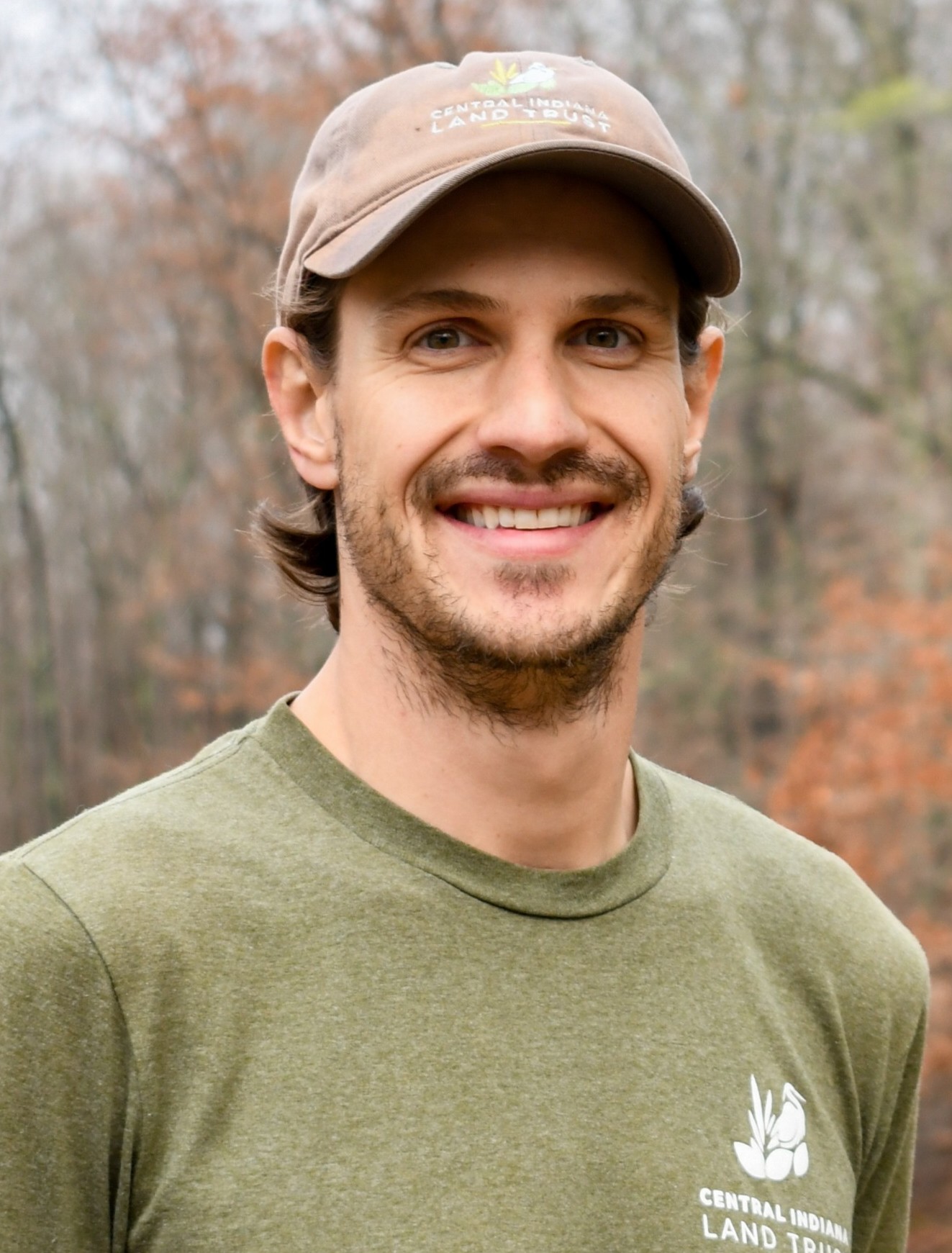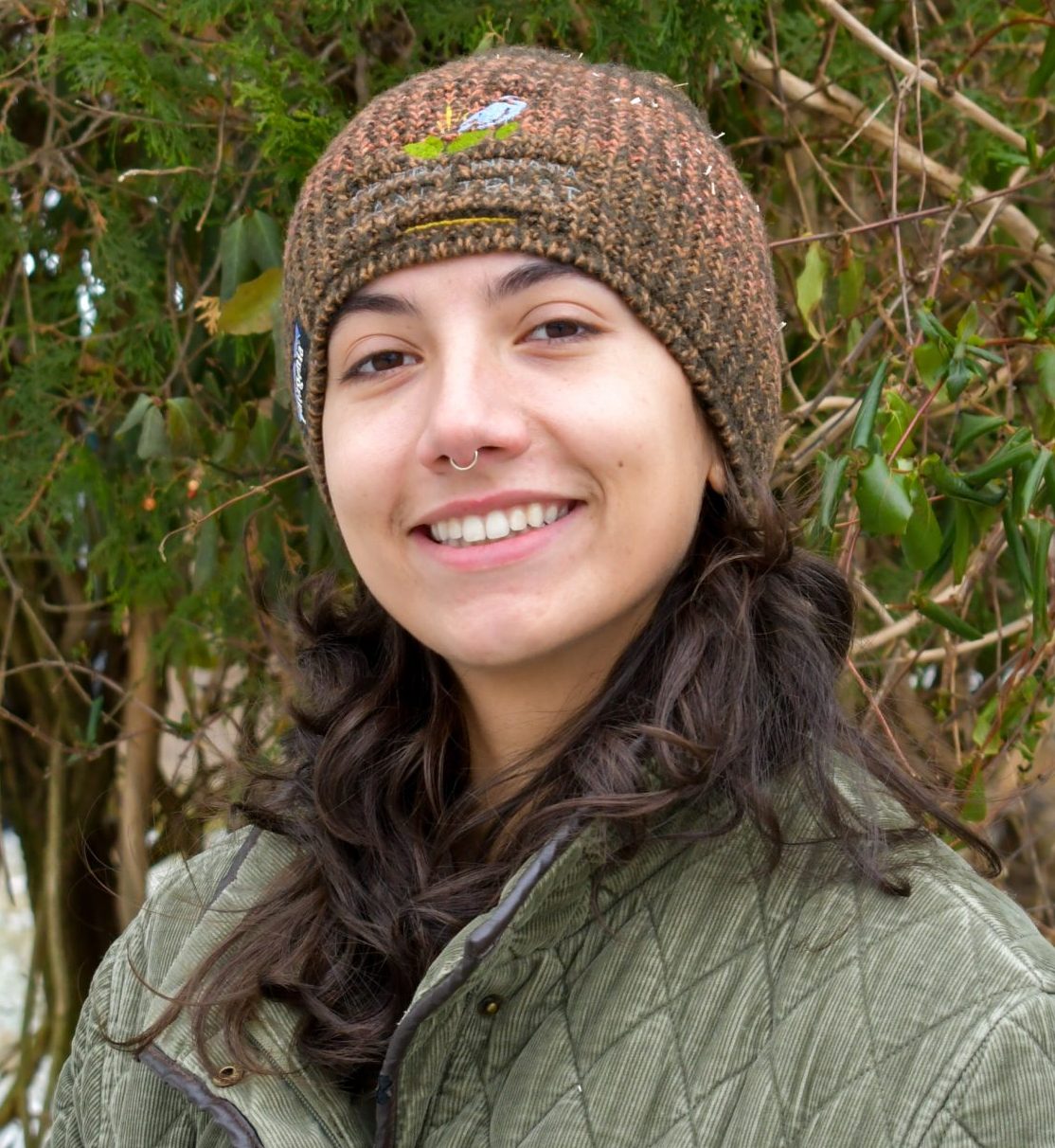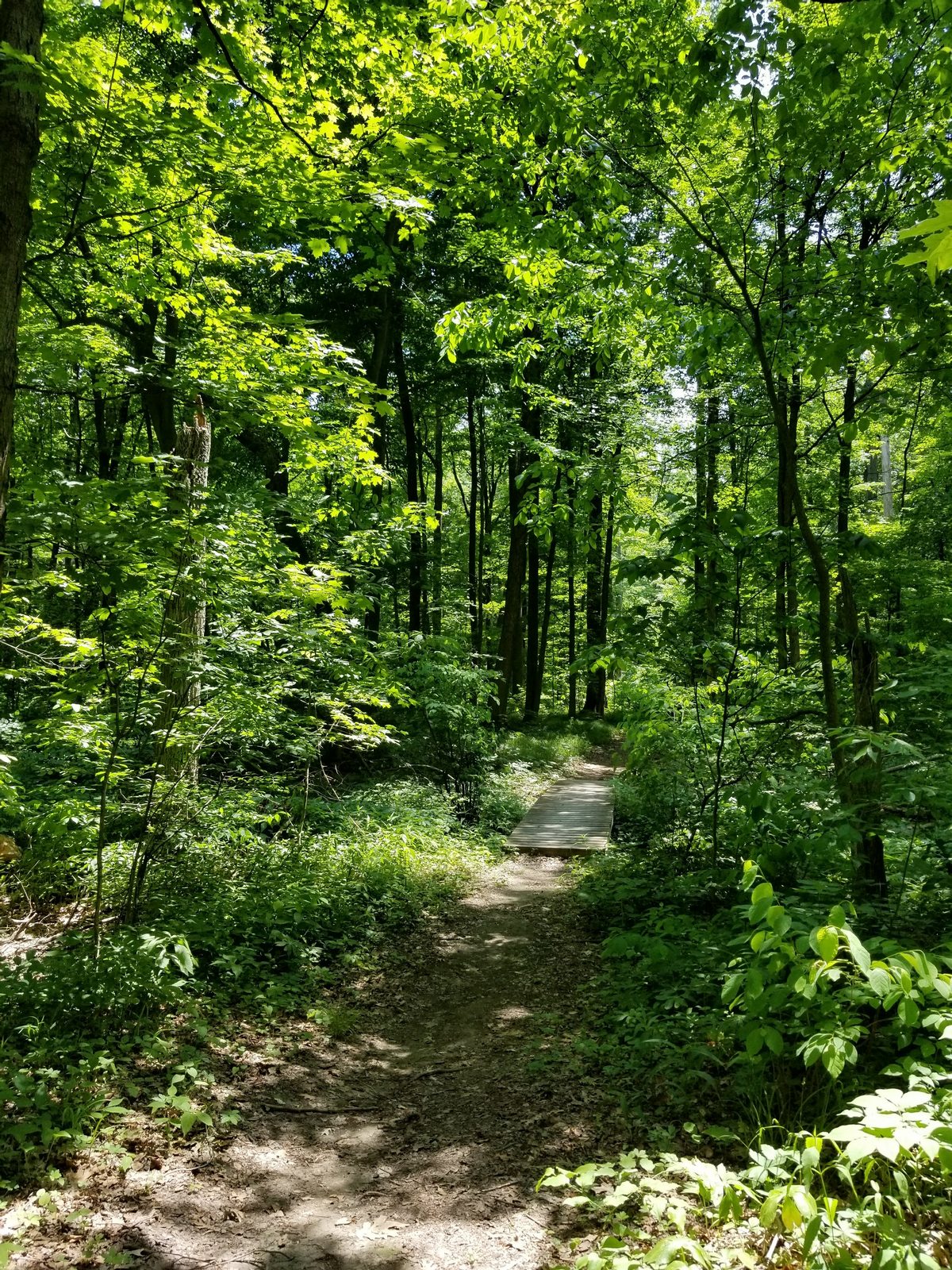
20180528_143838_FBInstMay2018
Trail at Burnett Woods
Going Deeper with Nature
Written By: Shawndra Miller
Date Published: May 28, 2021
Shawndra Miller
Whether it’s the sight of ants on a log, the sound of birdsong, the smell of nearby blossoms, or the feel of bare feet on the earth, nature brings us back into our senses. And that can make a big difference in mental health.
Indianapolis-based therapist Dr. Lynn Hynes—Lynn to her clients—has seen firsthand how nature heals. She brings her background in ecopsychology into her work.
She says, “It’s about opening yourself up to contact with the natural world—the willingness to connect with the great web of life that surrounds us and penetrates us and binds us all together.”
Lynn offers “rewilding” experiences to help small groups expand their relationship with nature—and get more in touch with themselves through the natural world.
Even in one-on-one work with clients, she incorporates nature as a healing support. She starts by asking what a client already does to get into nature. If that is a gap in the client’s life, she encourages them to start where they are—by getting outdoors in some small way.
“The simple practice of walking barefoot on the earth and bringing awareness to that sensual contact can really be lifechanging for people,” she says.
She teaches her clients to try a “sit spot.” This is a basic practice of finding a place to sit outdoors in nature. The trick is not to move, talk, or—hardest of all for some—check the smartphone screen. For a half hour or so, the focus is only on how the five senses engage with their spot in the natural world.
Coming into intimate relationship with the land like this is something indigenous cultures have done for millennia, she notes. Making space for these practices in the wild are especially important in a technological, fast-paced world.
“Particularly for people who are stuck, depressed or having anxiety, it’s really important to get out, to get sunlight, to feel that there’s something bigger than us.”
From the sit spot, Lynn sometimes moves clients into other ways of living more in harmony with the earth. That can look like rekindling ancestral skills, from animal tracking to plant medicine to friction-fire.
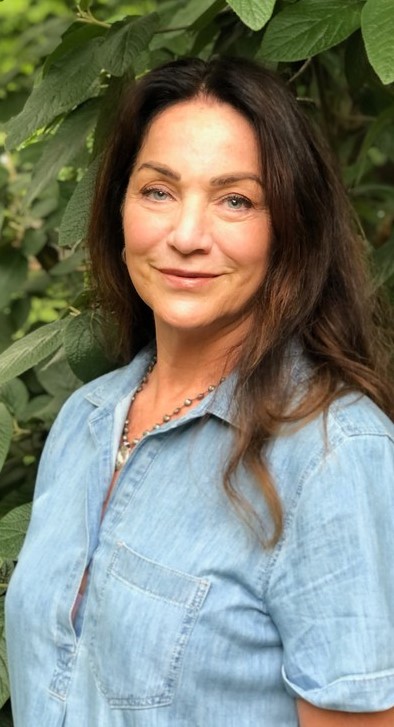
Dr. Lynn Hynes
It can also be as basic as an outdoor therapy session. Lynn hits a local trail with some clients, particularly those who have quarantined until recently. “If we build even these little tiny encounters with Mother Earth,” she says, “people find they can trust that relationship with the earth, and it deepens trust with themselves. They begin to build confidence and more self-esteem.”
“The medicine for depression may be found by simply getting outside, getting fresh air, getting sun on (the) face,” she says. Some people come to her in such a shut-down state that they only want to be in a dark room. So it can be a huge leap to simply go outside and find rejuvenation through nature.
“What nature does is keep us in the moment,” she says. “Over time, what I notice is that for people who adopt some of these practices, their anxiety begins to fade.”
For one 41-year-old client, these practices opened up a whole new chapter of life. She was riddled with anxiety when she first came for counseling. On Lynn’s encouragement she sat in her back yard with her bare feet on the ground. Later she began exploring the woods and discovered a love of hiking.
As she calmed her anxiety and expanded her world, the client eventually decided to move to Colorado to be close to the mountains. Now she is expanding beyond hiking to learn earth-based skills, such as building a basic shelter from natural materials. “She was barely verbal when I met her,” Lynn says. “It’s almost as if nature taught her to trust herself.”
Lynn sees this work as part of larger planetary healing. Since the Industrial Revolution, much of modern society has divorced itself from nature. “We have caused such a cruel separation of human beings from the natural world,” Lynn says. That disconnection has led us to where we are today, she points out, with multiple society problems and environmental degradation as a result.
“The idea that we’re not separate—we are part of nature—that’s a big deal to understand. When people can see that they’re absolutely linked, not disconnected but one and the same, it’s a profound knowing.”
“And once we view nature as a sacred thing, we treat nature very differently.”
Connect with Dr. Lynn Hynes at her website.
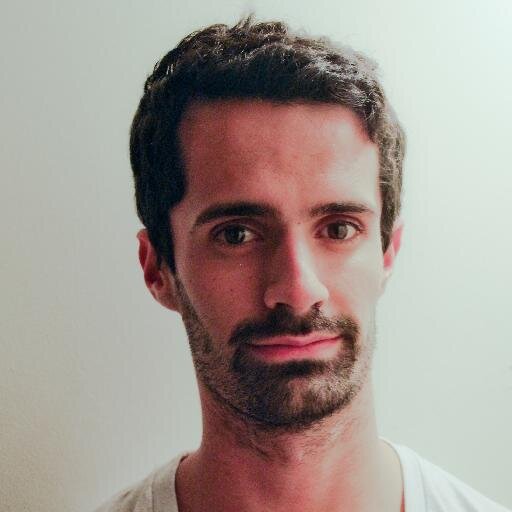
Ben Valentine
Guest Blogger
Ben Valentine is a founding member of the Friends of Marott Woods Nature Preserve and is active in several other conservation organizations. He leads a series of NUVO interviews with Indiana's environmental leaders, and he cherishes showing his son all the wonders of nature he grew up loving.

DJ Connors
Guest Blogger
DJ Connors, a Central Indiana native and late-to-life hunter, combines a lifelong appreciation for wildlife and the outdoors with a deep passion for exploring the natural beauty of the area he has called home for most of his life. As a husband and father of three, he is committed to ensuring his children have the same opportunities to connect with nature and appreciate the outdoors in their community. DJ’s unique journey into hunting emphasizes sustainability, responsible stewardship, and the importance of preserving these experiences for future generations.

Bridget Walls
Guest Blogger
Bridget is our first ever Communications and Outreach Intern. She is a graduate of Marian University, where she combined English, studio art, and environmental sciences in her degree studies. As treasurer for Just Earth, the university's environmental club, she helped plan events encouraging a responsible relationship between people, nature, and animals.

Jordan England
Guest Blogger
Jordan England is a lifelong Shelby County resident who graduated from Waldron Jr. Sr. High School (just a few miles from Meltzer Woods!). After earning her B.S. degree in Retail Management from Purdue University, she returned to Waldron to start a family with her husband, Brian. Together they have 3 young children and enjoy sharing with them their love of the community. Jordan is the Grants and Nonprofit Relations Director at Blue River Community Foundation, managing BRCF’s grant program, providing support to local nonprofits, and promoting catalytic philanthropy in Shelby County.

Cliff Chapman
President and CEO
As CILTI’s President and CEO, Cliff keeps CILTI’s focus on good science and stewardship. He’s mindful that the natural places you love took thousands of years to evolve and could be destroyed in a single day, and that knowledge drives his dedication to their protection.
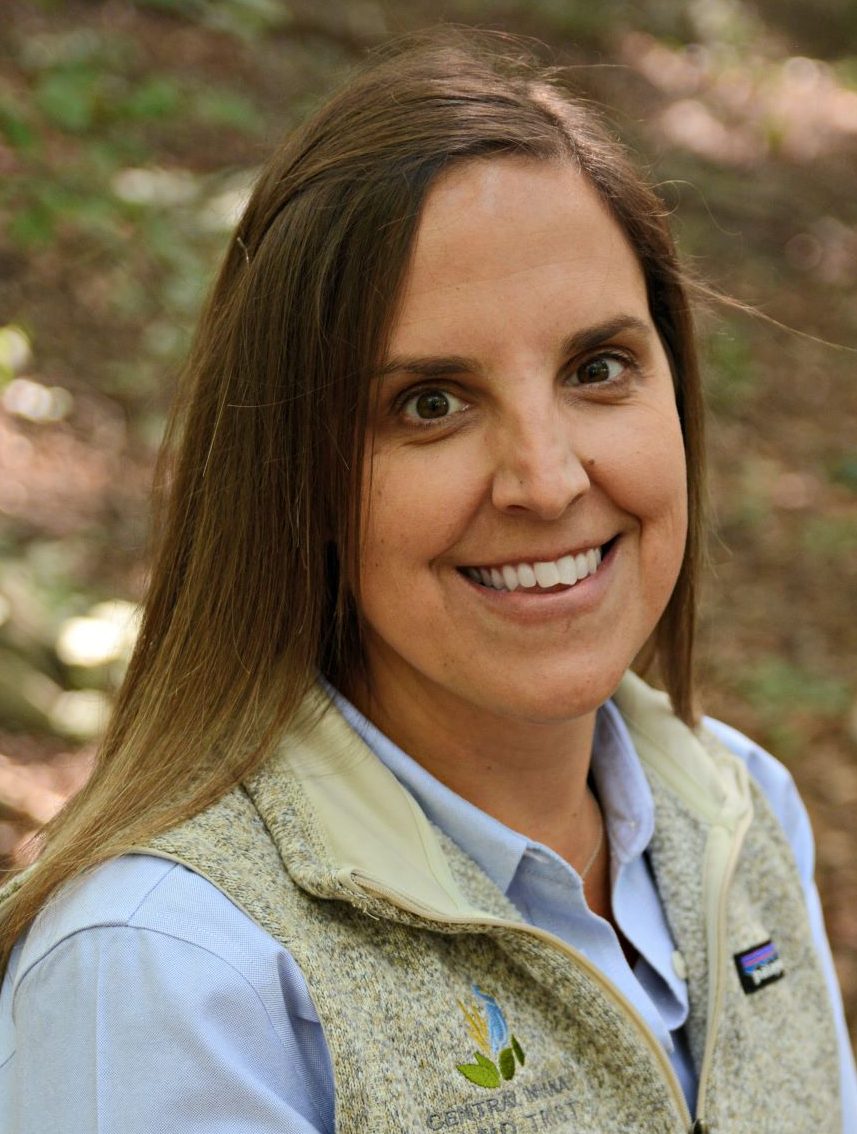
Stacy Cachules
Chief Operating Officer
Among her many key duties as Assistant Director, Stacy has the critical task of tracking our budget, making sure we channel donations for maximum efficiency. When her workday’s done, Stacy loves to spend time with her two young boys—and when not traveling, she’s likely planning the next travel adventure.

Ryan Fuhrmann
Board Chair
Ryan C. Fuhrmann, CFA, is President and founder of Fuhrmann Capital LLC, an Indiana-based investment management firm focused on portfolio management. Ryan’s interest in land conservation centers around a desire to help preserve natural habitats for wildlife and the subsequent benefits it brings to people and the environment.

Joanna Nixon
Board Member
Joanna Nixon is the owner of Nixon Consulting, an Indianapolis-based strategy and project management firm focused on the nonprofit sector. She currently serves as the Philanthropic Advisor for the Efroymson Family Fund. Prior to opening her consulting practice in 2000, Joanna was vice-president for grantmaking at Central Indiana Community Foundation (CICF). Joanna has more than 25 years of experience in the nonprofit and arts and culture sector. She is passionate about the environment and loves bringing big ideas to life and creating high-quality arts and culture programs and experiences. Joanna enjoys outdoor adventures, including competing in fitness obstacle course races and hiking with her high energy Australian Cattle Dog, Jackson.

Karen Wade
Board Member
Before retiring, CILTI board member Karen Wade worked for Eli Lilly & Co. In retirement she volunteers for a number of organizations, including the Indiana Master Naturalist program, Johnson County Native Plant Partnership CISMA, Meadowstone Therapeutic Riding Center, and Leadership Johnson County.

David Barickman
Development Systems Manager
Born and raised in Central Illinois, David spent many days as a child wandering around the river, forest and lakes there. He works behind the scenes as a key member of our fundraising team. When not working, David loves to be outdoors hiking, fly fishing, kayaking or woodworking.

Jamison Hutchins
Stewardship Director
Jamison leads our stewardship team in caring for the land that is so important to you. He comes to our team after eight years as Bicycle and Pedestrian Coordinator for the city of Indianapolis, where his work had a positive impact from both health and environmental perspectives.

Jen Schmits Thomas
Media Relations
An award-winning communicator and recognized leader in Central Indiana’s public relations community, Jen helps us tell our story in the media. She is the founder of JTPR, which she and her husband John Thomas own together. She is accredited in public relations (APR) from the Public Relations Society of America, and loves to camp and hike in perfect weather conditions.

Shawndra Miller
Communications Director
Shawndra’s earliest writing projects centered around the natural world, starting when a bird inspired her to write her first “book” in elementary school. Now she is in charge of sharing our story and connecting you to our work. Through our print and online materials, she hopes to inspire your participation in protecting special places for future generations.

Phillip Weldy
Stewardship Manager
Phillip enjoys nature’s wonders from an up-close-and-personal perspective as he works to restore the natural places you love. As an AmeriCorps member in Asheville, NC, he had his first full immersion in relatively undisturbed land while reconstructing wilderness trails in National Parks and National Forests.
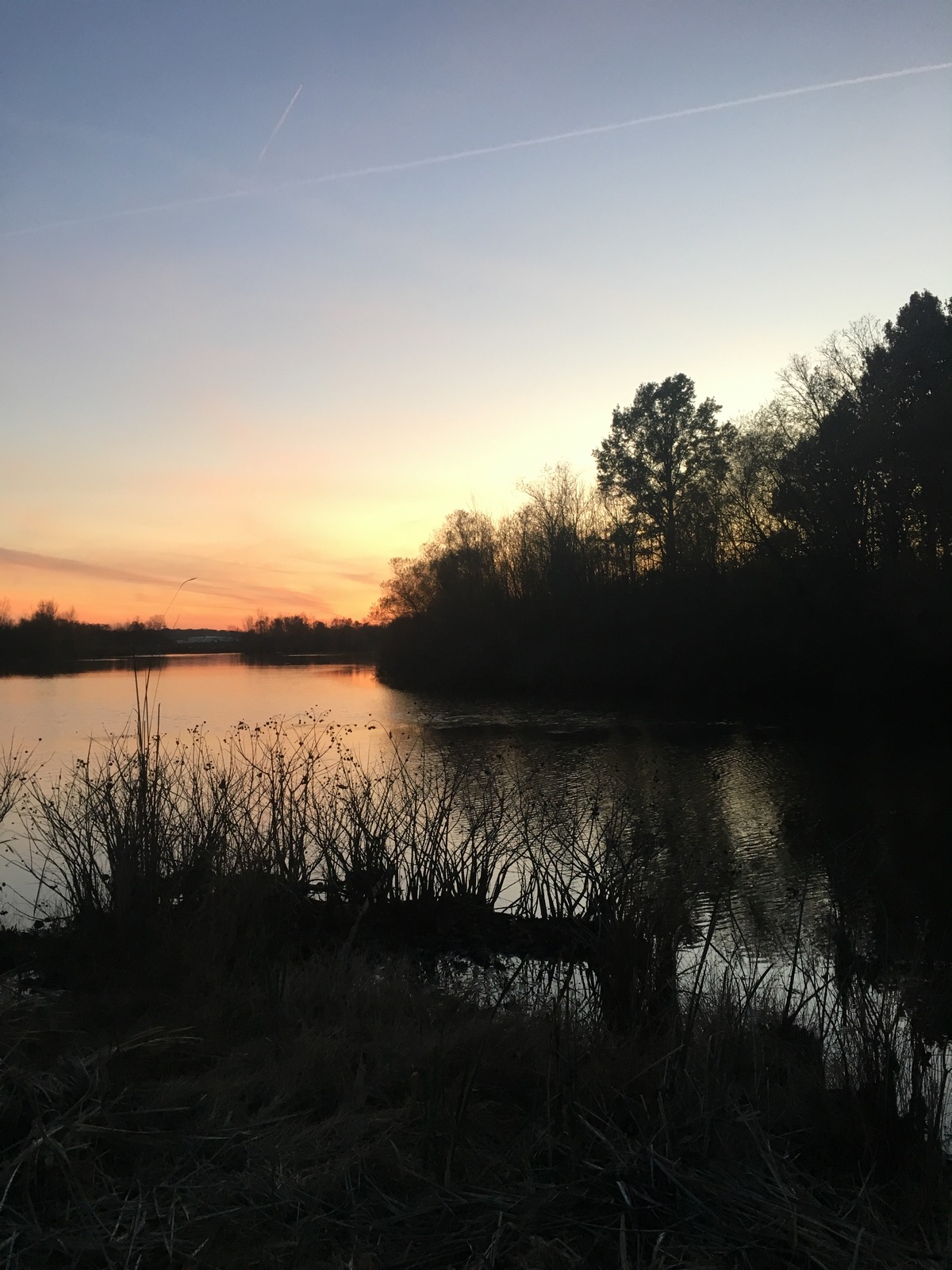

February 2, 2026
Kidneys of the planet. Biodiversity hotspots. Sponges. These are just some of the ways wetlands can be described, according to Gary Lamberti, Nieuwland Professor of Aquatic Science at the University of Notre Dame.
Browning Marsh,Meltzer Woods,Newsroom,Properties
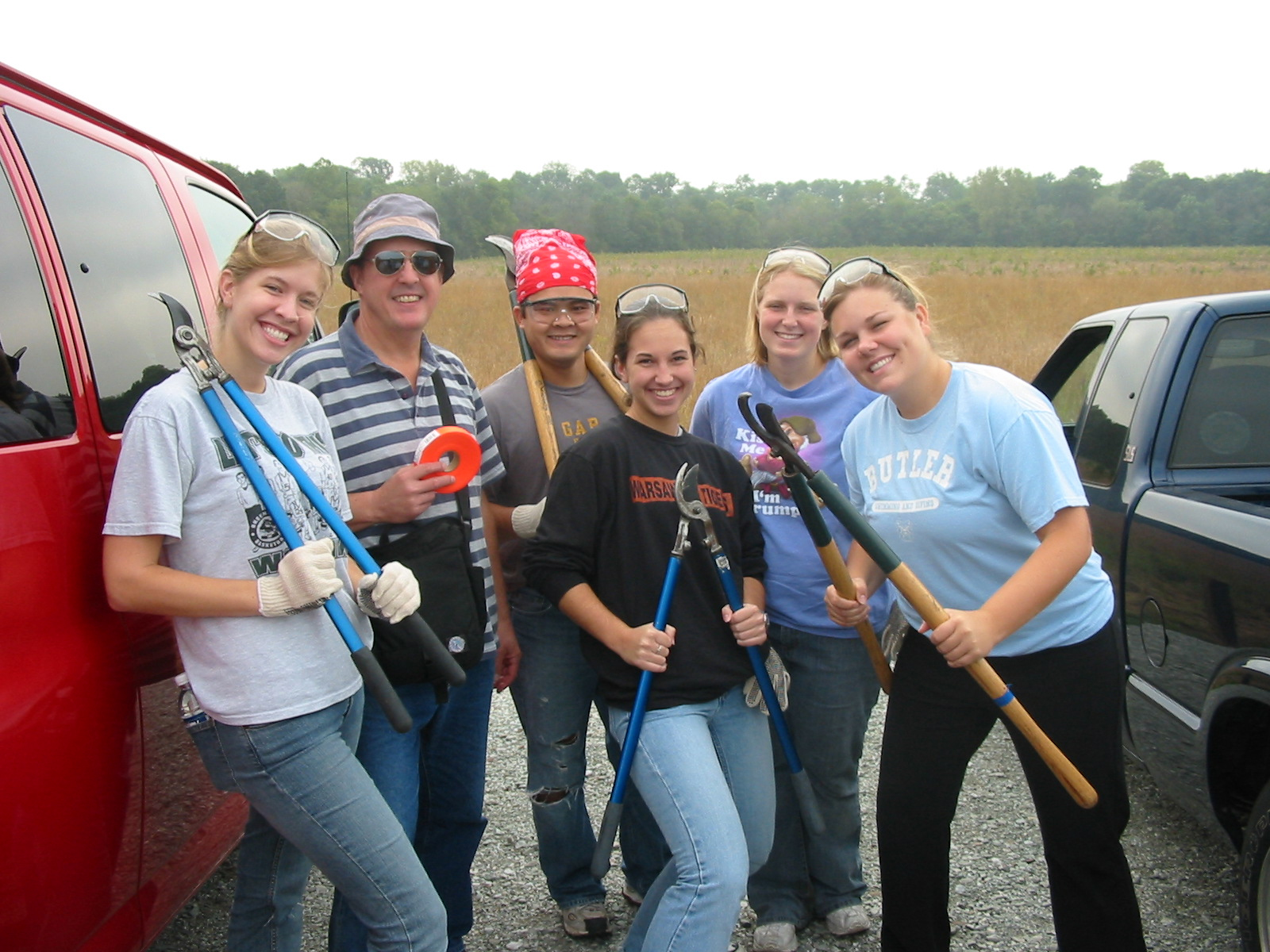

January 21, 2026
Dick Miller (second from left, above) is a longtime land trust member with a history of rolling up his sleeves. He started off by bringing his Butler students to volunteer events in the late 2000s. After retirement, he volunteered weekly and later joined the board of directors. His beautiful [...]
Legacy,Newsroom


January 8, 2026
We knew at the outset that our goal would require everyone to dig deep. The Efroymson Family Fund offered a generous $350,000 matching challenge, our largest year-end challenge to date. It was a big stretch.
Fred & Dorothy Meyer Nature Preserve,Homepage,Newsroom,Properties





